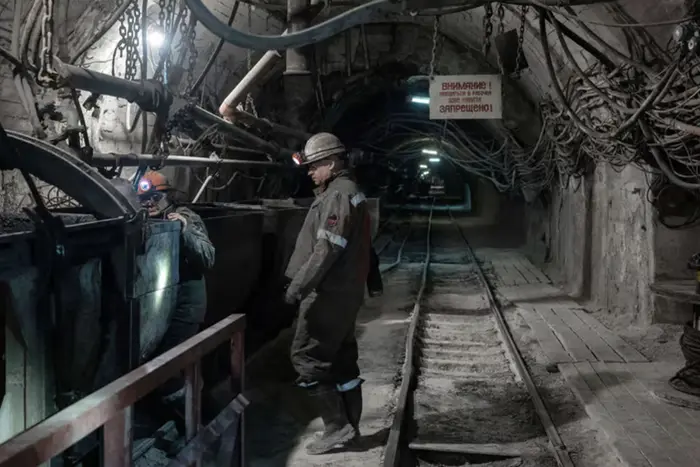Why Russia Wants to Capture a Mine in the Pokrovsk District: Details from The Economist.


Russia Captured the Largest Mine in Ukraine, Steel Production Decline Threatened
The capture by Russia of Ukraine's largest coking coal mine in the Pokrovsk district could cause a catastrophic decline in steel production. This is reported by The Economist.
Together with its subsidiaries and administrative buildings, the Pokrovske mine management provides jobs for six thousand people, about a thousand of whom are currently serving in the Armed Forces of Ukraine. This is the largest coking coal mine in Ukraine. The coal, used for smelting iron ore, is vitally necessary for the rest of the country's metallurgical industry, the material states.
The international mining and metallurgical group Metinvest, which owns enterprises in Ukraine, Italy, Bulgaria, the United Kingdom, and the USA, planned to extract 5.3 million tons of coal from this mine in 2024.
In 2023, Ukrainian steel mills produced 6.2 million tons of unrefined steel. However, in 2021, before the loss of two Mariupol plants, Ukraine produced 21.4 million tons. In 2021, Ukraine was the 14th largest steel producer in the world, but last year it fell to the 24th place, journalists write.
Let us recall that the occupiers began to massively use illegally obtained Starlink communication terminals to increase the effectiveness of drone and artillery strikes. Communication helps the Russians better coordinate actions during offensive operations, use more drones, and more accurately direct artillery fire.
Read also
- Russian occupiers have intensified military logistics in Mariupol
- A Boy Miraculously Survives After Falling from a Skyscraper in China
- A major port in Germany has been closed due to the appearance of deadly spiders
- The Western Balkans countries restrict water supply during periods of severe heat
- Interceptor drones operate in Ukraine: what is their effectiveness and how can they change the war
- Construction of a military cemetery near Kyiv has reached an Odesa company with a criminal 'background'










